Cleaning supplies checklist: Your secret weapon to a sparkling clean home is here! Let’s face it, nobody *loves* cleaning, but a well-stocked arsenal of cleaning supplies can make the chore less daunting and even, dare I say, a little bit satisfying. Think of it like this: you wouldn’t go into battle without your armor, right? Well, your home is your castle, and a comprehensive cleaning supplies checklist is your armor against dirt, grime, and general household chaos.
For centuries, humans have strived for clean and organized living spaces. From ancient civilizations using natural remedies like vinegar and ash to the modern marvels of multi-surface cleaners, the quest for cleanliness is deeply ingrained in our history. But with so many products on the market, it’s easy to get overwhelmed. That’s where this DIY guide comes in!
I’m going to share my ultimate cleaning supplies checklist, complete with DIY recipes and hacks that will save you money and reduce your reliance on harsh chemicals. Whether you’re a seasoned cleaning pro or just starting out, this guide will help you create a personalized cleaning routine that’s effective, efficient, and eco-friendly. Get ready to transform your home into a sparkling sanctuary!
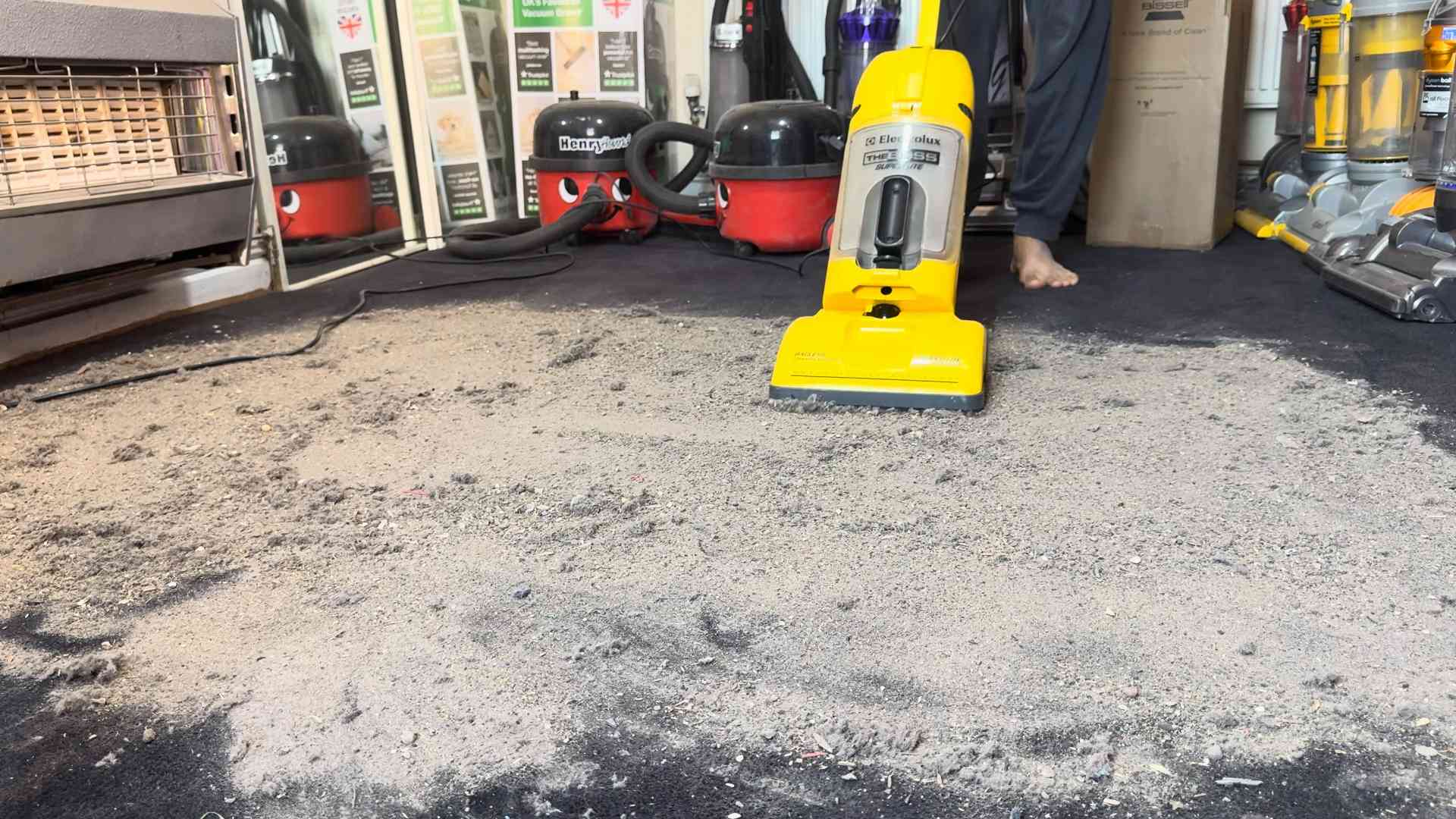
DIY All-Purpose Citrus Cleaner: A Natural Cleaning Powerhouse!
Okay, friends, let’s ditch those harsh chemicals and whip up a batch of amazing, all-natural citrus cleaner! I’m telling you, this stuff is a game-changer. It smells fantastic, it’s incredibly effective, and you probably already have most of the ingredients lying around. Plus, it’s way better for the environment and your health. Win-win-win!
Here’s what we’re going to do: we’ll infuse vinegar with citrus peels, then dilute it with water and add a touch of essential oil for extra cleaning power and fragrance. It’s surprisingly simple, and the results are seriously impressive.
What You’ll Need: The Citrus Cleaning Arsenal
Before we dive in, let’s gather our supplies. This is a pretty straightforward project, so you won’t need anything too fancy.
* Citrus Peels: Orange, lemon, lime, grapefruit – any combination works! The more, the merrier. I usually save peels after I’ve eaten the fruit, so it’s a great way to reduce waste.
* White Vinegar: This is our cleaning base. Don’t worry about the smell; the citrus will neutralize it.
* Spray Bottle: A clean, empty spray bottle is essential for dispensing your cleaner.
* Glass Jar with Lid: This is where we’ll infuse the vinegar with the citrus peels. A mason jar works perfectly.
* Water: For diluting the vinegar concentrate.
* Essential Oil (Optional): Tea tree, lavender, eucalyptus, or lemon essential oil can boost the cleaning power and add a pleasant scent.
* Funnel (Optional): Makes pouring the vinegar into the jar easier.
* Vegetable Peeler (Optional): If you want to get only the peel and avoid the bitter white pith.
Phase 1: Citrus Infusion – The Magic Happens Here!
This is where the magic happens! We’re going to let the citrus peels work their magic and infuse the vinegar with their cleaning power and delightful scent.
1. Prepare the Citrus Peels: Wash your citrus fruits thoroughly to remove any dirt or residue. Then, peel them, trying to avoid too much of the white pith (the white part under the peel), as it can make the vinegar bitter. You can use a vegetable peeler for this, or just carefully peel them with a knife. I usually just peel them with my hands, it’s faster!
2. Fill the Jar: Place the citrus peels into your glass jar. Pack them in pretty tightly; the more peels, the stronger the infusion.
3. Pour in the Vinegar: Pour white vinegar over the citrus peels until they are completely submerged. Make sure there’s enough vinegar to cover all the peels, as any exposed peels can mold.
4. Seal and Store: Secure the lid tightly on the jar. Store the jar in a cool, dark place for at least 2 weeks, but ideally 4-6 weeks. The longer it sits, the stronger the citrus scent and cleaning power will be. I usually put a label on the jar with the date so I don’t forget when it’s ready.
5. Shake it Up (Occasionally): Every few days, give the jar a gentle shake to help the infusion process along.
Phase 2: Dilution and Enhancement – Getting Ready to Clean!
Now that our vinegar is infused with citrus goodness, it’s time to dilute it and add any extra oomph we want.
1. Strain the Vinegar: After the infusion period, strain the vinegar through a fine-mesh sieve or cheesecloth to remove the citrus peels. Discard the peels (or compost them!). You’ll be left with a beautifully citrus-scented vinegar concentrate.
2. Dilute the Concentrate: In your spray bottle, combine the citrus-infused vinegar concentrate with water. A good starting ratio is 1:1 (equal parts vinegar and water), but you can adjust this to your liking. For tougher cleaning jobs, you can use a stronger vinegar solution. I usually start with 1:1 and then adjust if needed.
3. Add Essential Oils (Optional): If you want to boost the cleaning power and add a pleasant scent, add 10-20 drops of your favorite essential oil to the spray bottle. Tea tree oil is great for its antibacterial properties, lavender is calming and smells lovely, and lemon oil adds extra citrusy freshness.
4. Shake Well: Secure the spray nozzle on the bottle and shake well to combine all the ingredients.
Using Your DIY Citrus Cleaner: Time to Shine!
Now for the fun part – putting your homemade cleaner to work!
* General Cleaning: This cleaner is fantastic for wiping down countertops, cleaning sinks, and spraying down showers. Just spray and wipe with a clean cloth.
* Glass and Mirrors: It works wonders on glass and mirrors, leaving them streak-free.
* Floors: You can use it to mop floors (test in an inconspicuous area first!). Dilute it further with water in a bucket.
* Degreasing: It’s surprisingly effective at cutting through grease. Spray it on greasy surfaces, let it sit for a few minutes, and then wipe clean.
* Odor Removal: It can help neutralize odors in the air. Just spray it around the room.
Important Notes:
* Test First: Always test the cleaner in an inconspicuous area before using it on delicate surfaces, especially natural stone or wood.
* Avoid Certain Surfaces: Don’t use vinegar-based cleaners on marble, granite, or other natural stone surfaces, as the acid can etch them.
* Storage: Store your citrus cleaner in a cool, dark place. It should last for several months.
* Labeling: Be sure to label your spray bottle clearly so you don’t accidentally mistake it for something else!
Troubleshooting: Addressing Common Concerns
* Vinegar Smell: Don’t worry about the vinegar smell! It dissipates quickly, leaving behind the fresh citrus scent. If you’re still concerned, add more essential oils.
* Cloudy Cleaner: Your cleaner might look a little cloudy, especially if you’re using hard water. This is perfectly normal and doesn’t affect its cleaning power.
* Mold on Peels: If you see mold growing on the citrus peels during the infusion process, it means they weren’t fully submerged in the vinegar. Discard the batch and start over, making sure to completely cover the peels with vinegar.
Beyond the Basics: Experimenting with Your Citrus Cleaner
Once you’ve mastered the basic recipe, feel free to experiment and customize it to your liking!
* Different Citrus Combinations: Try different combinations of citrus peels to create unique scents. Grapefruit and lime is a personal favorite!
* Herb Infusions: Add fresh herbs like rosemary or lavender to the vinegar during the infusion process for an extra boost of fragrance and cleaning power.
* Borax Boost: For extra cleaning power, add a tablespoon of borax to the diluted cleaner. Borax is a natural mineral that helps to remove stains and disinfect surfaces. (Use caution and research borax safety before using.)
* Castile Soap Addition: A squirt of castile soap can help emulsify oils and improve the cleaner’s ability to cut through grease.
So there you have it! A simple, effective, and all-natural citrus cleaner that you can easily make at home. I hope you enjoy using it as much as I do. Happy cleaning!
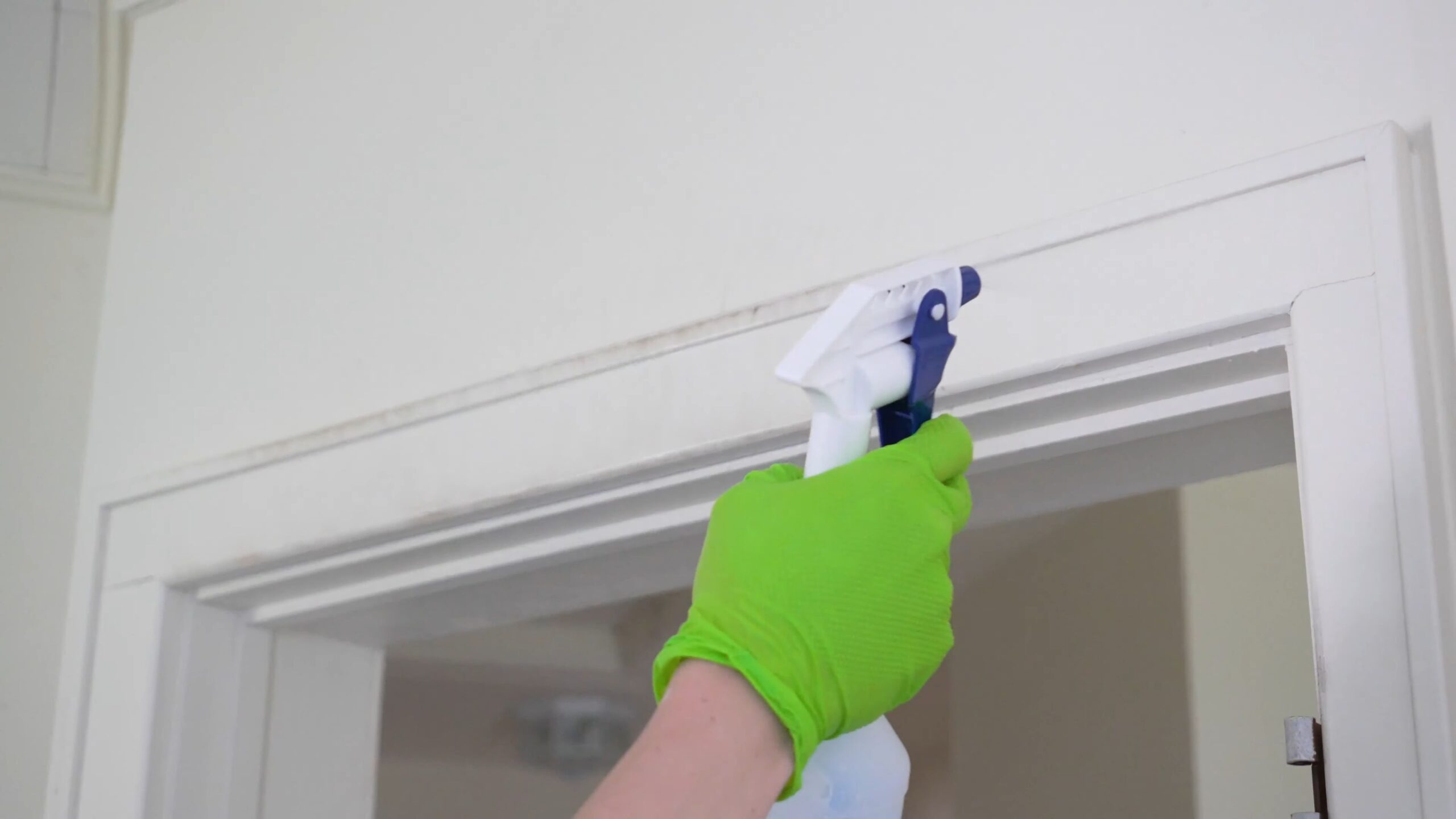
Conclusion
So, there you have it! Mastering your own cleaning supplies checklist doesn’t have to be a daunting task. By taking control of your cleaning arsenal, you’re not just saving money; you’re also gaining a deeper understanding of the ingredients you’re bringing into your home and reducing your environmental impact. This DIY approach empowers you to create a cleaning routine that’s tailored to your specific needs and preferences, ensuring a sparkling clean home without the harsh chemicals and unnecessary expenses.
This isn’t just about saving a few dollars; it’s about creating a healthier and more sustainable lifestyle. Imagine the peace of mind knowing exactly what’s in your cleaning products and the satisfaction of crafting effective solutions from simple, readily available ingredients. You’ll be amazed at how versatile common household items like vinegar, baking soda, and essential oils can be when it comes to tackling dirt, grime, and odors.
Don’t be afraid to experiment and personalize your cleaning supplies checklist. For instance, if you’re sensitive to certain scents, you can easily adjust the essential oil blends to create a fragrance that’s both pleasant and effective. If you have particularly stubborn stains, you might consider adding a small amount of borax to your homemade laundry detergent or all-purpose cleaner. The beauty of DIY is that you have complete control over the ingredients and their concentrations.
Consider these variations to further enhance your DIY cleaning experience:
* **Citrus Power:** Infuse your vinegar with citrus peels (lemon, orange, grapefruit) for a more pleasant scent and added cleaning power. Simply soak the peels in vinegar for a few weeks, then strain and use as usual.
* **Herbal Infusion:** Add fresh or dried herbs like lavender, rosemary, or thyme to your vinegar or water-based cleaners for a natural fragrance and potential antibacterial properties.
* **Essential Oil Blends:** Experiment with different essential oil combinations to create custom scents and boost the cleaning power of your homemade products. Some popular choices include tea tree oil (antiseptic), eucalyptus oil (deodorizing), and lemon oil (degreasing).
* **DIY Disinfectant Wipes:** Cut up old t-shirts or cloths and soak them in a solution of vinegar, water, and a few drops of essential oil for convenient and eco-friendly disinfectant wipes. Store them in an airtight container.
* Homemade Dishwasher Detergent Booster: Add a mixture of citric acid and washing soda to your dishwasher for extra cleaning power and to combat hard water stains.
We encourage you to take the plunge and try creating your own cleaning supplies checklist. Start with a few simple recipes and gradually expand your repertoire as you become more comfortable. The initial investment in ingredients will quickly pay off, and you’ll be rewarded with a cleaner, healthier home and a lighter environmental footprint.
We’re confident that you’ll be amazed by the effectiveness and affordability of these DIY cleaning solutions. But don’t just take our word for it – try it for yourself! We’d love to hear about your experiences and any variations you discover along the way. Share your tips, tricks, and favorite recipes in the comments below. Let’s build a community of DIY cleaning enthusiasts and inspire others to embrace a more sustainable and cost-effective approach to home cleaning. Your journey to a cleaner, greener home starts now!
FAQ
What are the benefits of creating my own cleaning supplies checklist?
Creating your own cleaning supplies checklist offers a multitude of benefits. Firstly, it allows you to save money by using readily available and affordable ingredients like vinegar, baking soda, and essential oils, which are significantly cheaper than commercial cleaning products. Secondly, it gives you complete control over the ingredients, allowing you to avoid harsh chemicals, artificial fragrances, and other potentially harmful substances. This is particularly beneficial for individuals with allergies, sensitivities, or young children. Thirdly, it reduces your environmental impact by minimizing plastic waste and the use of toxic chemicals that can pollute waterways. Finally, it empowers you to create a cleaning routine that’s tailored to your specific needs and preferences, ensuring a sparkling clean home without compromising your health or the environment.
What are the essential items I should include in my DIY cleaning supplies checklist?
A basic DIY cleaning supplies checklist should include the following essential items:
* **White Vinegar:** A versatile cleaner, disinfectant, and deodorizer.
* **Baking Soda:** An excellent abrasive cleaner, deodorizer, and pH balancer.
* **Essential Oils:** Add fragrance and antibacterial properties (e.g., tea tree, lemon, lavender).
* **Castile Soap:** A gentle and effective all-purpose cleaner.
* **Washing Soda:** A powerful laundry booster and cleaner (use with caution).
* **Citric Acid:** Effective for removing hard water stains and soap scum.
* **Spray Bottles:** For storing and dispensing your homemade cleaners.
* **Microfiber Cloths:** For effective and lint-free cleaning.
* **Glass Jars:** For storing dry ingredients and homemade cleaning pastes.
* **Squeegee:** For cleaning windows and mirrors.
* **Sponges:** For general cleaning tasks.
* **Scrub Brush:** For tackling stubborn stains and grime.
Are DIY cleaning products as effective as commercial cleaners?
In many cases, DIY cleaning products can be just as effective as commercial cleaners, and sometimes even more so. While they may not contain the same harsh chemicals, ingredients like vinegar, baking soda, and essential oils possess powerful cleaning, disinfecting, and deodorizing properties. The key is to use the right ingredients for the specific cleaning task and to follow proven recipes. For example, vinegar is excellent for removing hard water stains and soap scum, while baking soda is effective for scrubbing away grime and deodorizing surfaces. Essential oils can add a pleasant fragrance and boost the antibacterial properties of your homemade cleaners.
How do I store my homemade cleaning products?
Proper storage is essential for maintaining the effectiveness and safety of your homemade cleaning products. Always store them in labeled containers to avoid confusion and accidental ingestion. Use dark-colored glass bottles for products containing essential oils, as they can degrade in plastic over time. Keep your cleaning products out of reach of children and pets. Store them in a cool, dry place away from direct sunlight and heat. For products containing vinegar, avoid storing them in metal containers, as the acid can react with the metal.
Can I use essential oils safely in my cleaning products?
Essential oils can be a wonderful addition to your DIY cleaning products, but it’s important to use them safely. Always dilute essential oils properly before using them on surfaces, as they can be irritating to the skin and eyes. Start with a few drops and adjust the amount to your preference. Be mindful of the essential oils you use around pets, as some can be toxic to animals. Avoid using essential oils on surfaces that may come into contact with food, unless they are food-grade. If you are pregnant or have any underlying health conditions, consult with a healthcare professional before using essential oils.
What surfaces should I avoid cleaning with vinegar?
While vinegar is a versatile cleaner, it’s not suitable for all surfaces. Avoid using vinegar on natural stone surfaces like marble, granite, and limestone, as it can etch and damage the stone. Also, avoid using vinegar on waxed wood floors, as it can strip the wax. It’s generally not recommended to use vinegar on electronics screens, as it can damage the coating. When in doubt, test your homemade cleaner on an inconspicuous area first to ensure it doesn’t cause any damage.
How can I make my DIY cleaning routine more sustainable?
There are several ways to make your DIY cleaning routine more sustainable. Use reusable spray bottles and containers instead of disposable ones. Opt for natural and biodegradable ingredients whenever possible. Compost citrus peels and other food scraps that you use in your cleaning recipes. Use microfiber cloths instead of paper towels, as they can be washed and reused multiple times. Consider using a refillable cleaning concentrate system to reduce plastic waste. By making small changes to your cleaning habits, you can significantly reduce your environmental impact.
What if I don’t have time to make all my own cleaning products?
Even if you don’t have time to make all your own cleaning products, you can still incorporate some DIY elements into your routine. Start by replacing one or two of your most frequently used commercial cleaners with homemade alternatives. For example, you could make your own all-purpose cleaner or glass cleaner. As you become more comfortable with DIY cleaning, you can gradually expand your repertoire. Even small changes can make a big difference in terms of cost savings, health benefits, and environmental impact. You can also look for eco-friendly cleaning concentrates that you can dilute at home, reducing plastic waste and transportation costs.
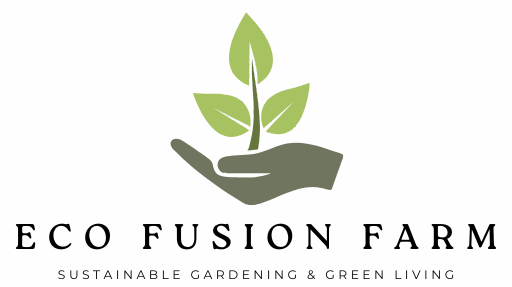
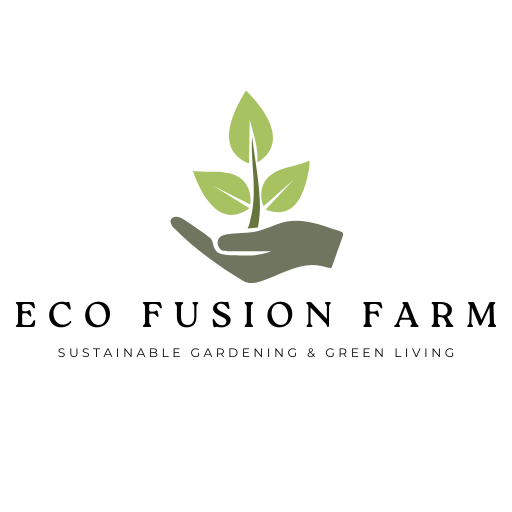

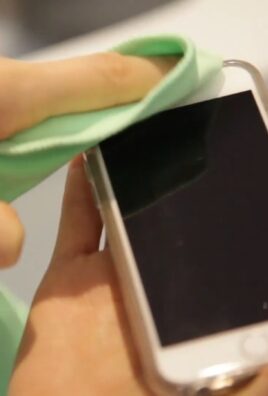
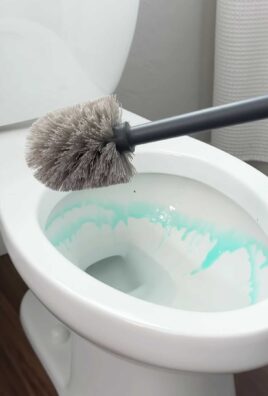
Leave a Comment